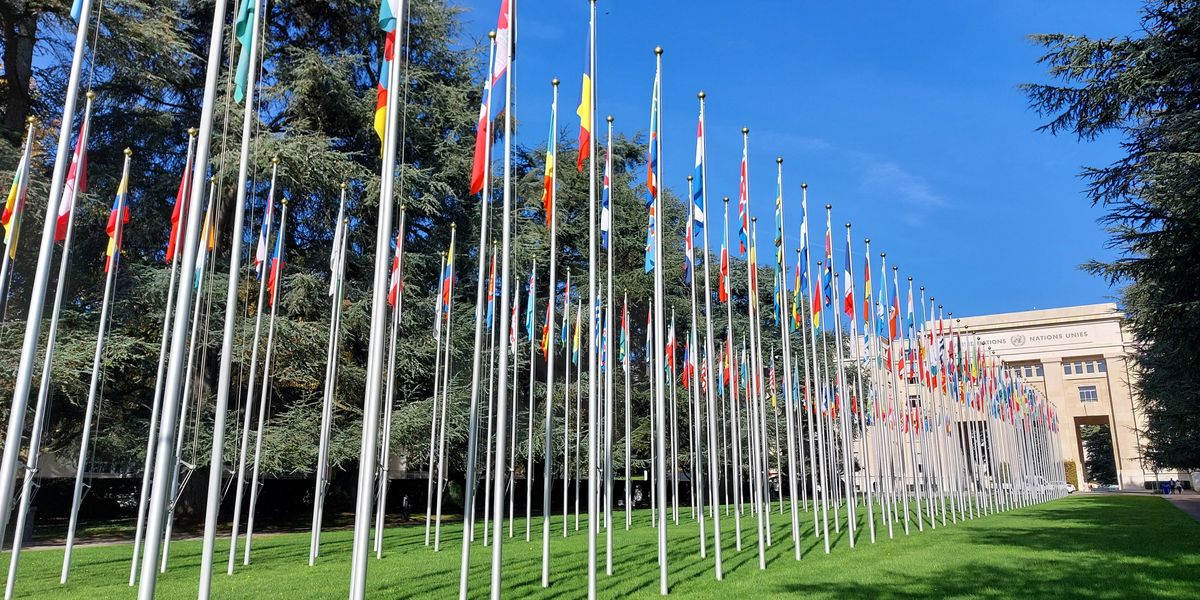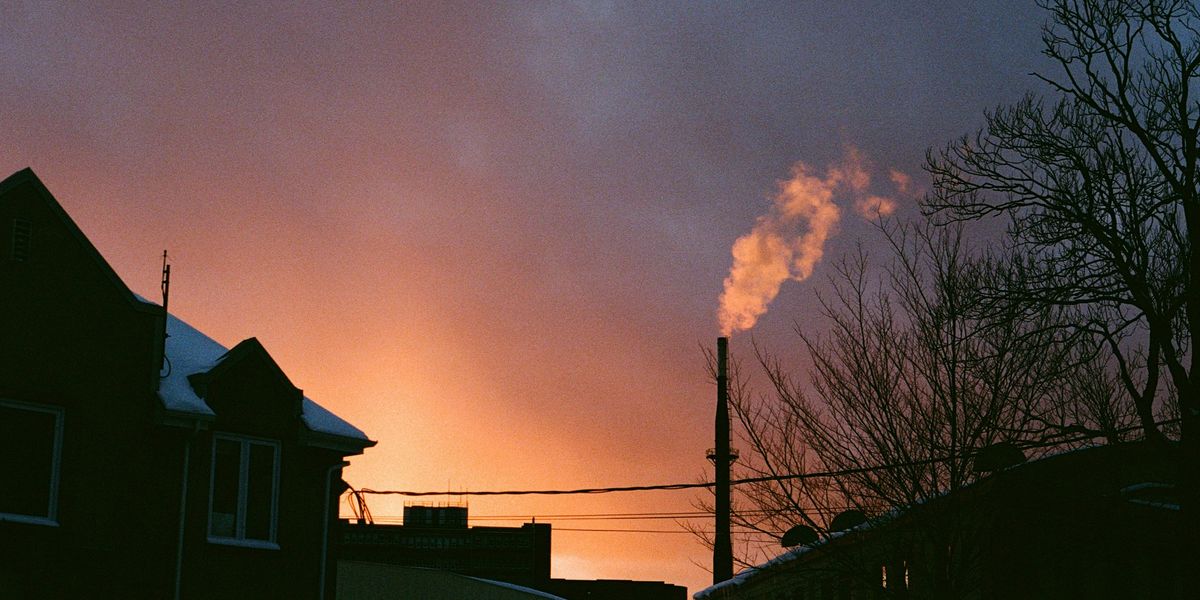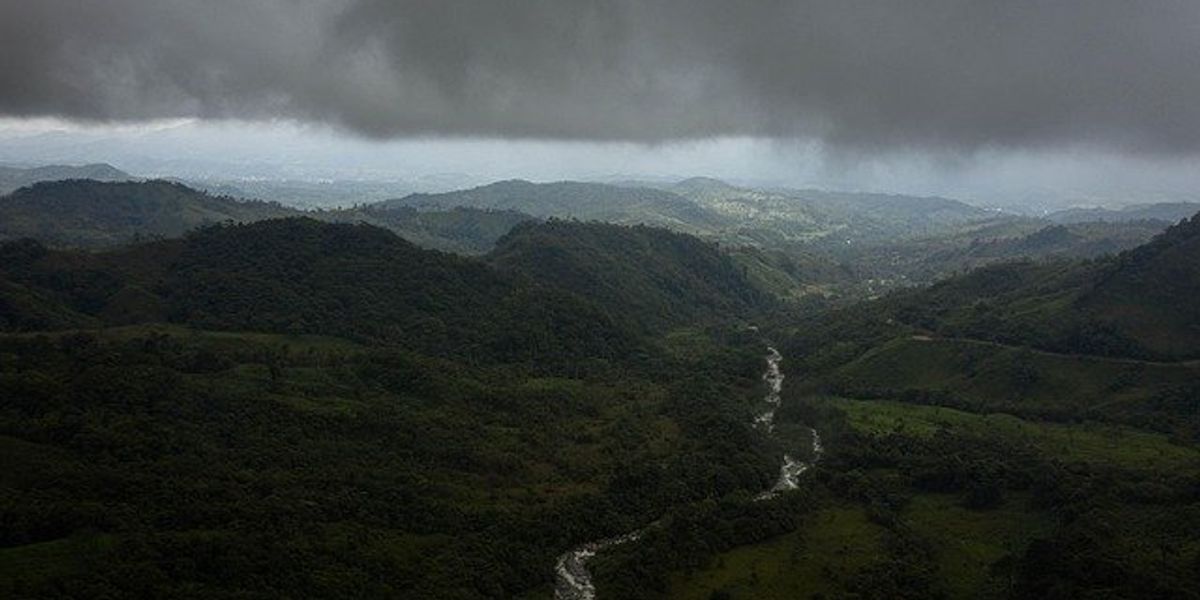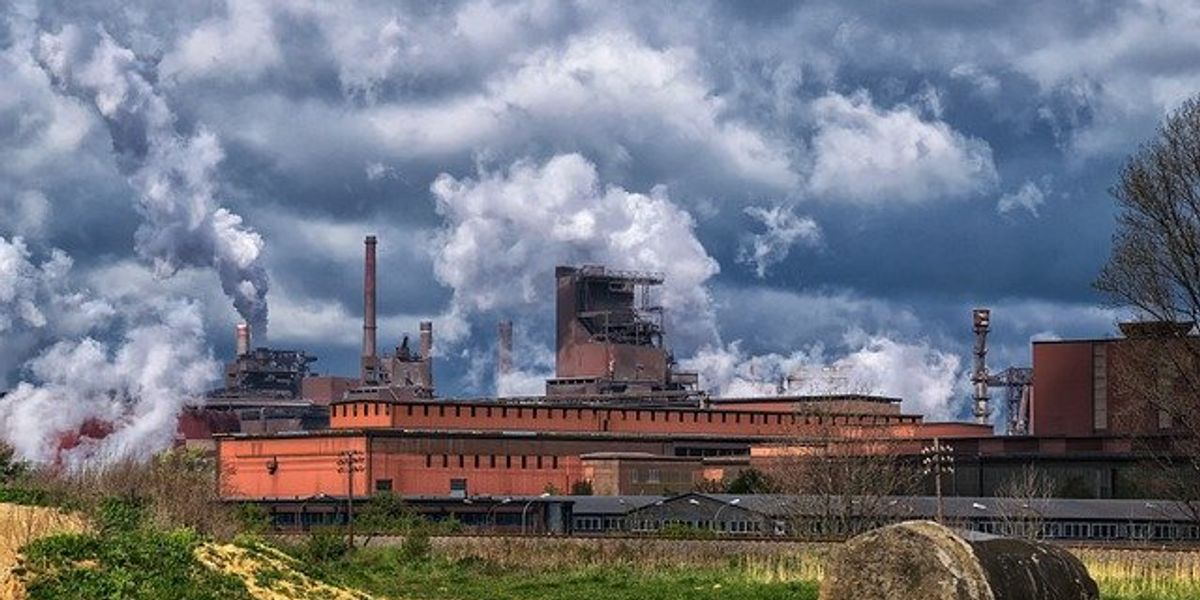
Climate colonialism at COP26: Derrick Z. Jackson
Every day that goes by in which wealthy nations fail to hold themselves accountable for achieving net zero reductions is a declaration that they don’t care if developing nations drown or dry up.
The refusal of the United States and fellow rich nations to compensate developing countries for the devastation wrought by air pollution and climate change smacks of a kind of modern colonialism at its worst.
The 2021 United Nations Climate Change Conference in Glasgow, Scotland known as COP26 came and went with no firm financial commitment to help low-income nations adapt to the floods of rising seas, food and water scarcity from droughts and desertification, disease from more mosquito-borne diseases, and general economic and political destabilization from those calamities. The promise in 2009 by rich nations to provide $100 billion a year in climate change assistance is still unmet, and represents a fraction of what is probably needed. Attempts failed to establish a funding mechanism for the “loss and damage” already happening from climate change in developing nations.
Once more, the United States, historically the world’s top producer of climate change emissions, offered no concrete goals in Glasgow to developing nations to slash the burning of fossil fuels, even as the science says we must immediately start cutting to provide our fair share in global reductions of greenhouse gases.
For all that US climate envoy John Kerry boasted about “a very aggressive increasing of ambition,” in cutting emissions, many envoys from developing countries said COP26 was an exercise of wealthy nations being aggressively noncommittal.
Drowning in failure
Some of the loudest objections came from Africa:
- Mouhamadou Bamba Sylla, a climate scientist in Rwanda and a lead author in the Intergovernmental Panel on Climate Change reports, toldThe Conversation that the level of commitments from rich nations to assist developing nations were “a total failure.”
- In representing a massive coalition of developing countries, the nation of Guinea voiced “extreme disappointment” that rich nations did not commit to a mechanism for a “loss and damage” fund for the climate damage that has already occurred in developing countries. Guinea’s negotiator told the UN News that a climate conference “without a concrete finance cannot be called successful.”
- Vanessa Nakate, the 24-year-old Ugandan climate activist who the Associated Press infamously cropped out of a picture with Greta Thunberg and other young White climate activists at the World Economic Forum in Davos last year, told COP26 that the developing world is “drowning in promises,” from rich nations.
- Citing how Lake Chad is drying up, Nigerian climate activist Oladosu Adenike, 27, told the Voice of America in Glasgow, “We are still in the talking phase. We have not yet transited into the action phase, which is needed right now, this moment, and not postponing it into the future. Because that is the most dangerous thing you can do right now. Delay now is a denial of the climate change crisis.”
- Kenyan climate activist Kaluki Paul Mutuku, 28, told the VOA about locust invasions destroying crops and fatal floods and famines. “We are constantly in the fear of losing our family members, losing our communities because the climate is dry – it is worsening by the day – there are droughts, there is extreme rainfall, and communities cannot bear it.”
Given the onslaught that is already here, a Brookings analysis said Africa “gained very little” from COP26. That is likely a massive understatement as the worst anticipated effects of uncontrolled climate change will hit today’s children as they become adults. Floods, droughts, and extreme heat are worsening so quickly that they are likely to result in catastrophic economic losses. The Global Center on Adaptation estimates that, in just the next eight years, climate-related disasters could send 122 million more people around the world into extreme poverty, a third of them in sub-Saharan Africa.
In one example of how centuries of culture are being upended in just a generation, Isatou Camara, a climate negotiator for Gambia, told National Public Radio that rising seas are pushing saltwater up into farm fields wreaking havoc on local agriculture. “It’s really affecting the farming communities,” Camara said. “. . .especially rice farming which is usually done along the riverside.”
The dumping must stop
That makes it seem awfully weak for the United States to talk merely about increasing the “ambition” of top climate change polluters, when sub-Saharan Africa, which has contributed very little to climate change (except for the oil that US and European oil companies export from Nigeria for Western consumption), is already living with poverty and death. Rich companies simply must stop literally dumping on developing countries as if they are expendable.
Besides climate change, a major byproduct of fossil fuel burning is the spewing of fine particulate matter (PM 2.5). Tied to respiratory disease, heart disease and cancer, PM 2.5 is linked to 4 million deaths a year worldwide, most in developing countries. A first-of-its-kind global study published this month in Nature Communications by Japanese and Australian researchers found that half of those deaths are tied to the consumption of goods and services by the world’s major economies in the G20. The study said the US footprint of PM 2.5 “involves substantial infant deaths in non-G20 countries, many of them in Africa).”
That study echoes work done in the United States that found that the consumption by White households disproportionately produces the nation’s PM 2.5 while Black and Latinx households disproportionately breathe it in. “Our results indicate that G20 nations should take responsibility for their footprint,” the authors of the global study said, to ensure that “infant lives are not unfairly left behind.”
For now, that is exactly what the United States and its rich European counterparts are doing with their unctuous behavior at climate summits. Every day that goes by in which wealthy nations fail to hold themselves accountable for achieving net zero reductions is a declaration that they don’t care if developing nations drown or dry up. Every day that rich nations refuse to financially reckon with the calamities their consumption is already visiting upon the developing world is a day closer to placing climate colonialism on sordid footing with exploitations of old.
Europe colonized much of Africa then left it to fend for itself. The European colonization of North America cleared the land of Indigenous peoples in genocide, enslaved Black people from Africa to work it and left both groups behind in decades of legal disenfranchisement and segregation. COP26 ended with rich nations allowing themselves another puff from the pipe of fossil fuels, leaving developed nations to cough and choke on the smoke rings.
A week after COP26, US Secretary of State Antony Blinken told the Economic Community of West African States that it is “critical” for developed nations to “do much more” to ease the climate “burden” carried by Africa. For now, such words sound hollow. As sure as Vanessa Nakate was erased from a photo, the entire sub-continent was cropped out of COP26.
Derrick Z. Jackson is on the advisory board of Environmental Health Sciences, publisher of Environmental Health News and The Daily Climate. He's also a Union of Concerned Scientist Fellow in climate and energy. His views do not necessarily represent those of Environmental Health News, The Daily Climate or publisher, Environmental Health Sciences.
This post originally ran on The Union of Concerned Scientists blog and is republished here with permission.
Banner photo credit: Scottish Government













